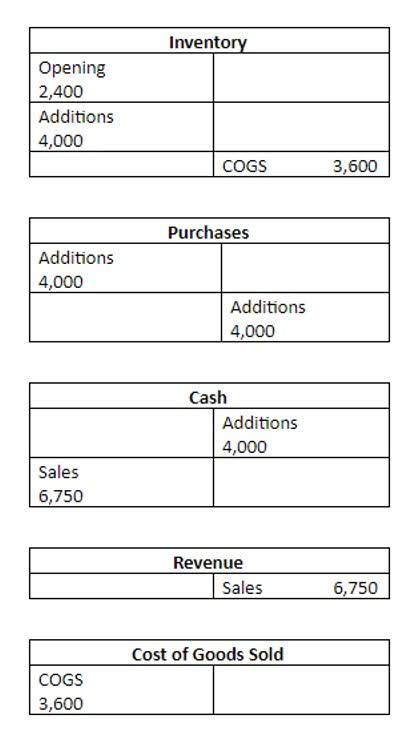How Long to Keep Business Tax Records and Receipts Bench Accounting

It can become easy to get swamped in paperwork, and you may be tempted to toss your records once your business taxes are filed. The IRS generally does not require receipts for business expenses under $75, except for lodging and certain transportation costs. However, it’s still wise to keep records to support the expense if questioned. If you’re self-employed or a small business owner, you must keep receipts for all business expenses you want to claim as a tax deduction, no matter how big or small. Businesses must keep records indefinitely if they file a fraudulent return or do not file a return at all. Records related to asset purchases and sales, such as property deeds or equipment invoices, should also be kept for an extended period.

Asset Records

Businesses often use accounting software or cloud-based solutions to manage their digital documentation. Typically, the IRS will only audit taxes from the past three years. Make sure to file your taxes promptly and accurately and keep business records connected to your income and expenses.
Reasons People Change Accountants
Tax records include your filed business tax returns, receipts, invoices, financial statements, and payroll documents. These documents substantiate your gross income, tax deductions, or credits. These records are essential not just for compliance but also for protecting your small business.
What Is a Business Receipt Tax?
- In many cases, the IRS will request certain documentation as part of the audit.
- Except in a few cases, the law does not require any special kind of records.
- For instance, some states require sales receipts and purchase invoices to be kept for seven years for sales tax purposes.
- It’s your responsibility to be able to prove the expenses that you deduct with adequate records.
- For most income tax purposes, the IRS can audit returns for up to three years from the date the return was filed or the due date, whichever is later.
These records substantiate wage payments, tax withholdings, and employer contributions, which is essential for verifying compliance with federal employment tax laws. You’re legally allowed to write off the value of these invoices as “bad debt” on your tax return. You’ll need to hold onto your supporting documents (including your invoices) for seven years when how long do you have to keep business receipts you take this deduction.
Federal Tax Record Retention

Customers have the right to request a chargeback on credit card transactions in their name. To do so, the customer would have to go through the bank or credit card company, who would investigate the matter. It’s then down to the merchant to prove that the purchase was legitimate and verified by the customer. Developing a habit of consistent record-keeping and receipt management can significantly simplify the process. Make it a daily or weekly habit to https://www.inwuradio.co.uk/2024/09/18/nonprofit-net-assets-what-they-are-and-why-they/ sort, record, and file your receipts.
Keep monthly records until transactions have been verified
- A guide to the closing documents and other important household documents to keep after buying your house — and what you can consider getting rid of.
- If you work in a public school, the length of time during which you’ll have to keep records depends on the type of document and your school district’s/state’s regulations.
- If you have an expense that is less than $75, you don’t need to have a receipt to support it.
- Receipts are documents that serve as proof of exchange between parties.
- Each business is different, and you might find that certain practices work better for you than others.
Aside from the IRS requiring you to maintain business records, there’s a business case to do so as well. Keeping good records ensures that you have accurate financial statements and that you can assess how your business is doing at any How to Run Payroll for Restaurants time. Keeping track of your records means that you claim all expenses that you’re allowed — helping to reduce how much you have to pay at tax time. Yes, the IRS recommends keeping receipts or records for all business expenses to substantiate your deductions, especially for audit protection. While not always required for small amounts, having documentation strengthens your case.
And because photocopies and scanned images of legal papers are usually not valid, think about storing original printouts in a fire-resistant safe. Luckily the IRS accepts legible electronic records, which can come in handy if you prefer to save things electronically. Just see that you delete any tax-related records from your electronic devices before trading them in or disposing of them to help protect yourself from identity theft and fraud. Because financial data is considered sensitive data and can be used for fraud and identity theft, it’s recommend to shred your records.
